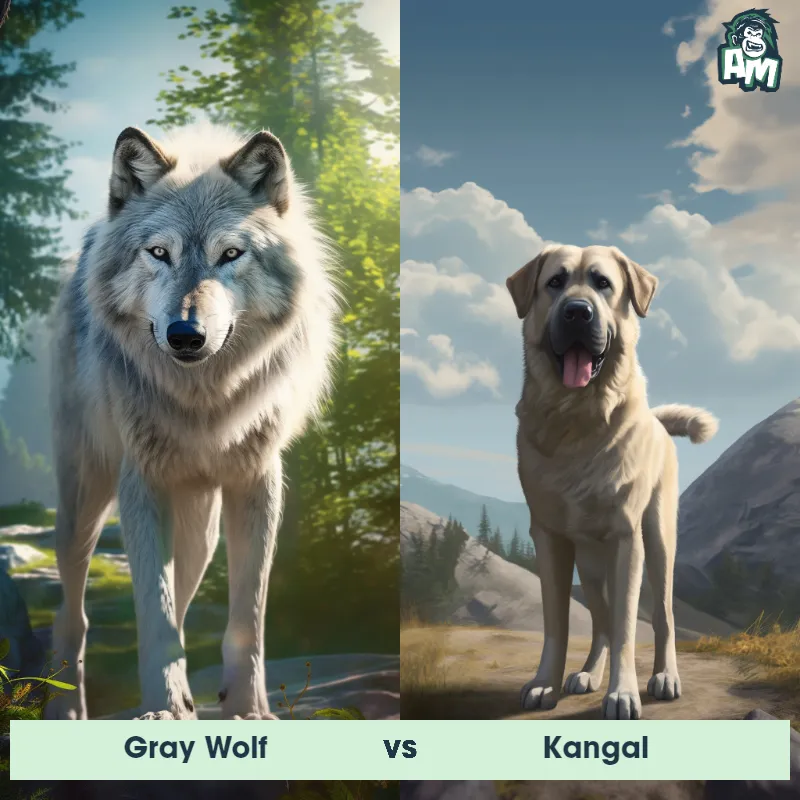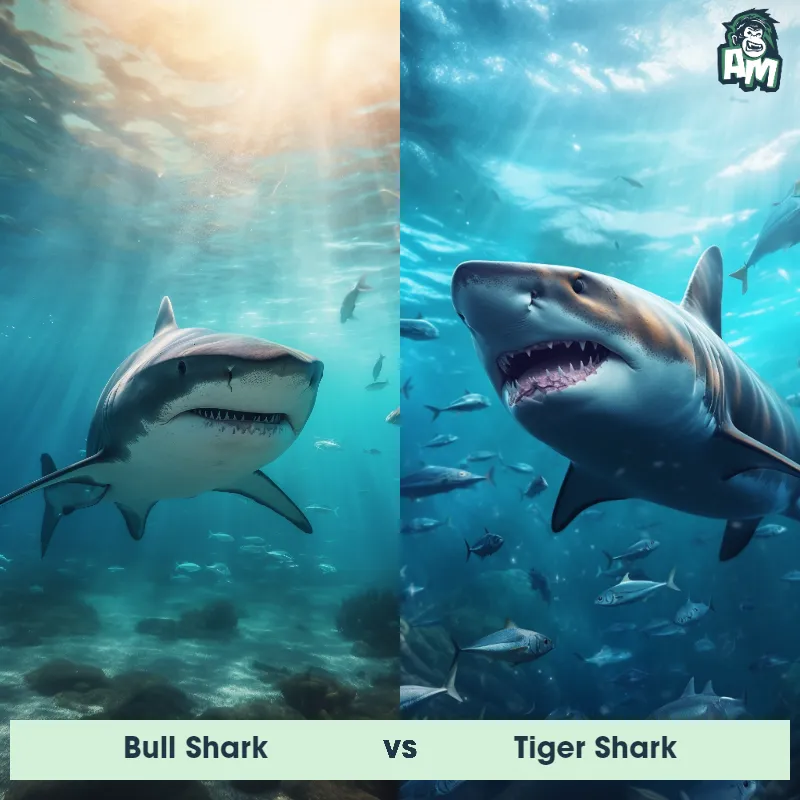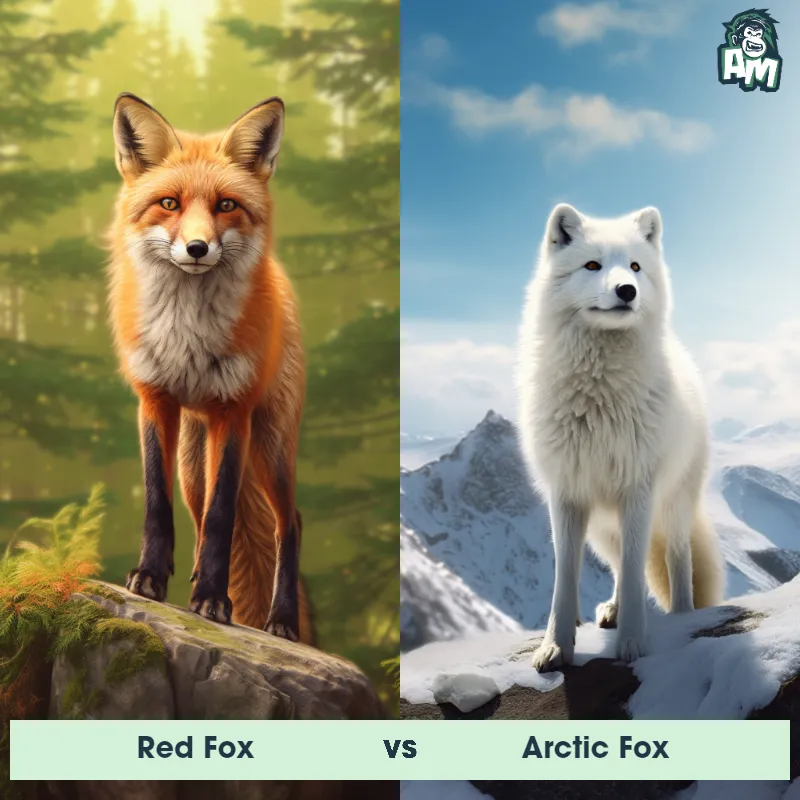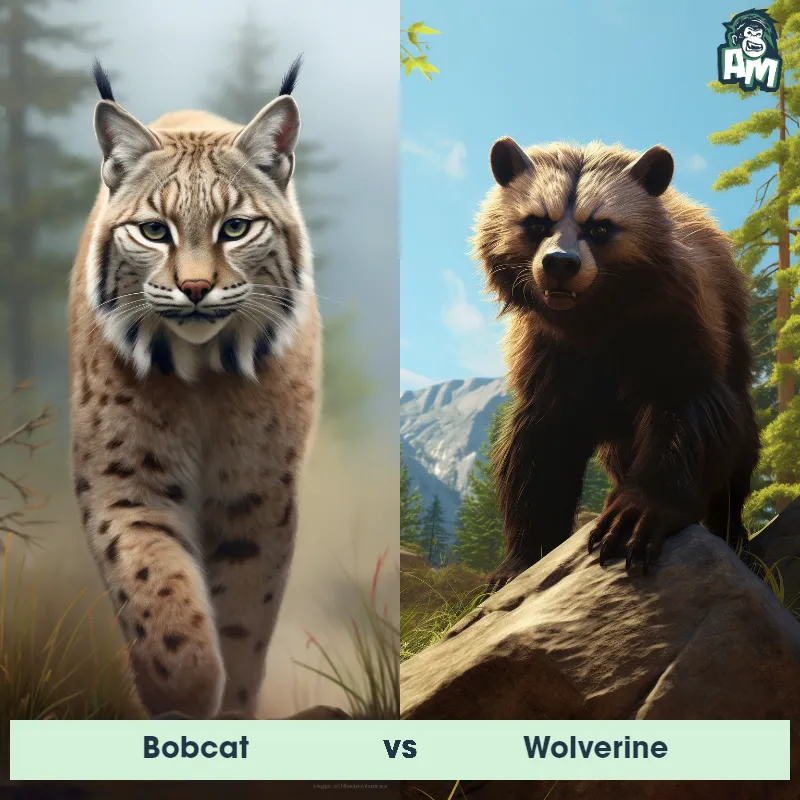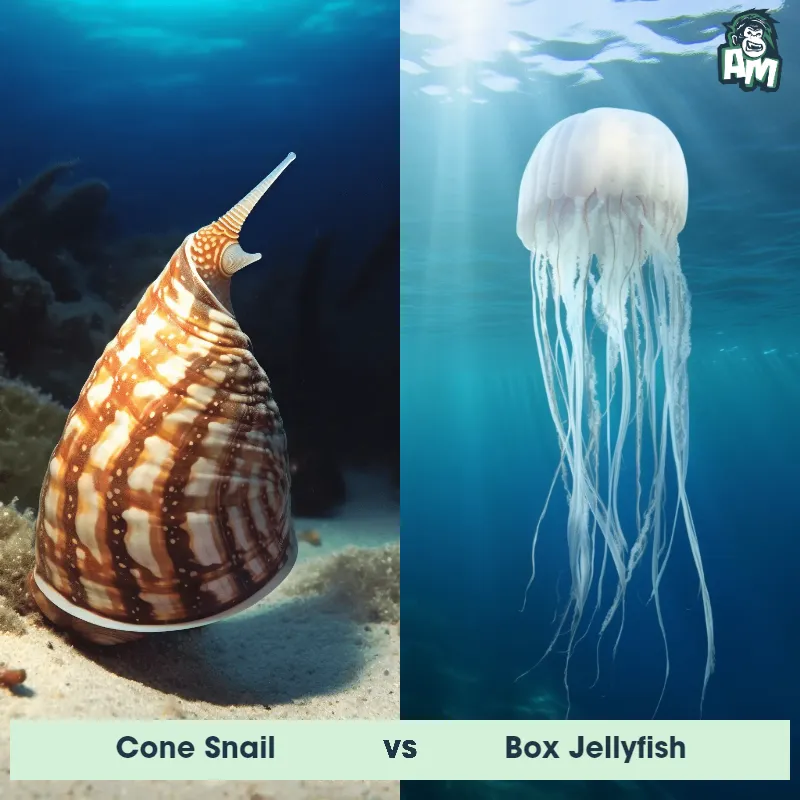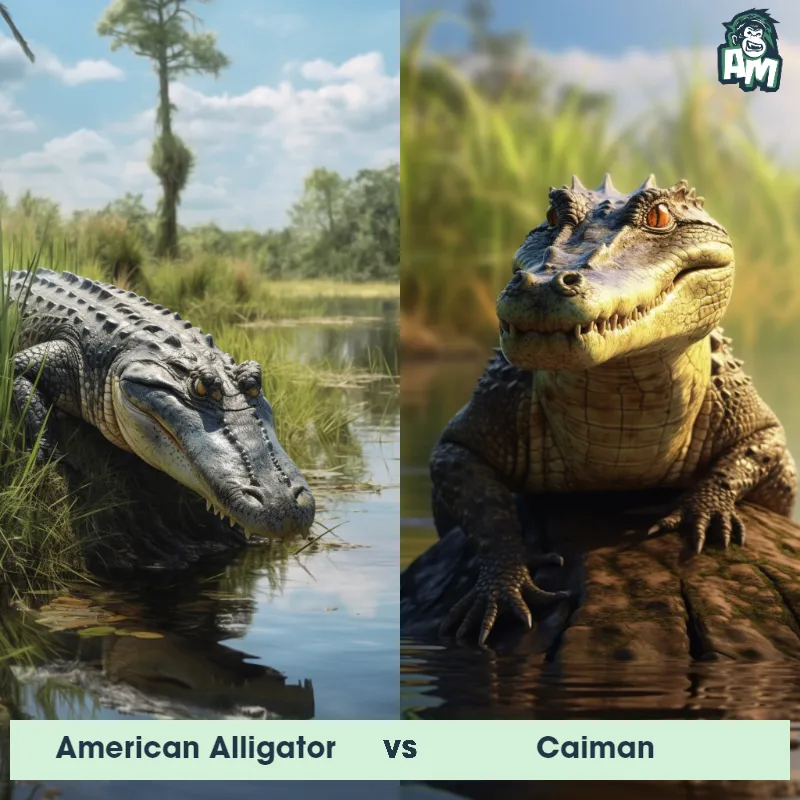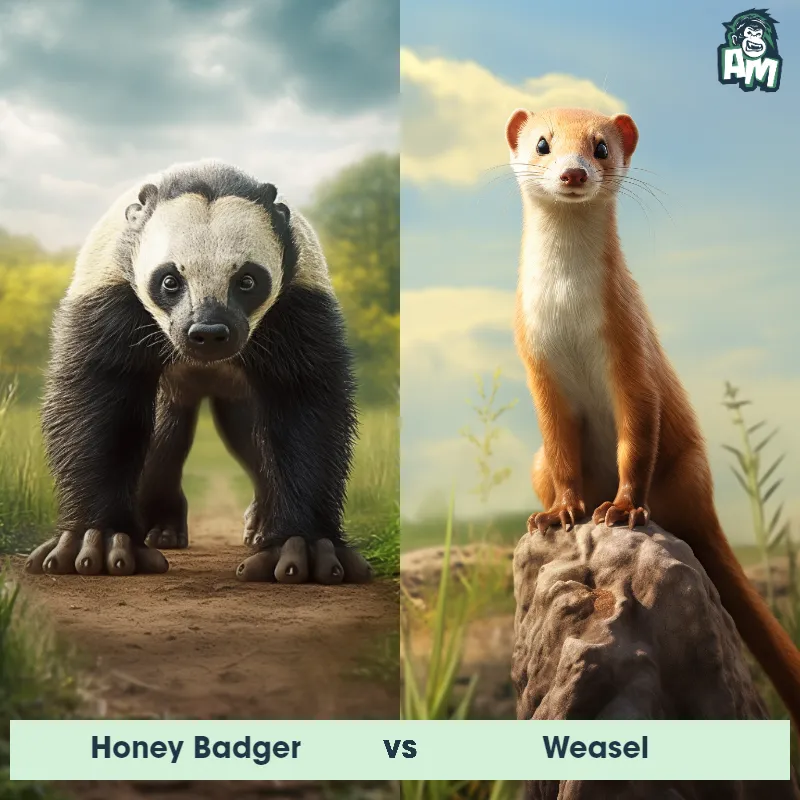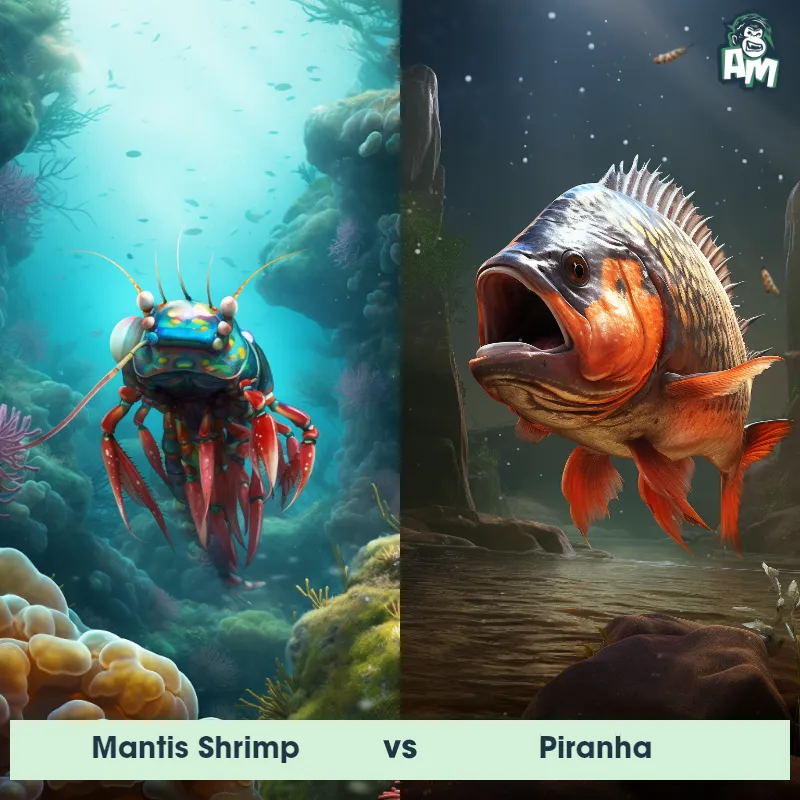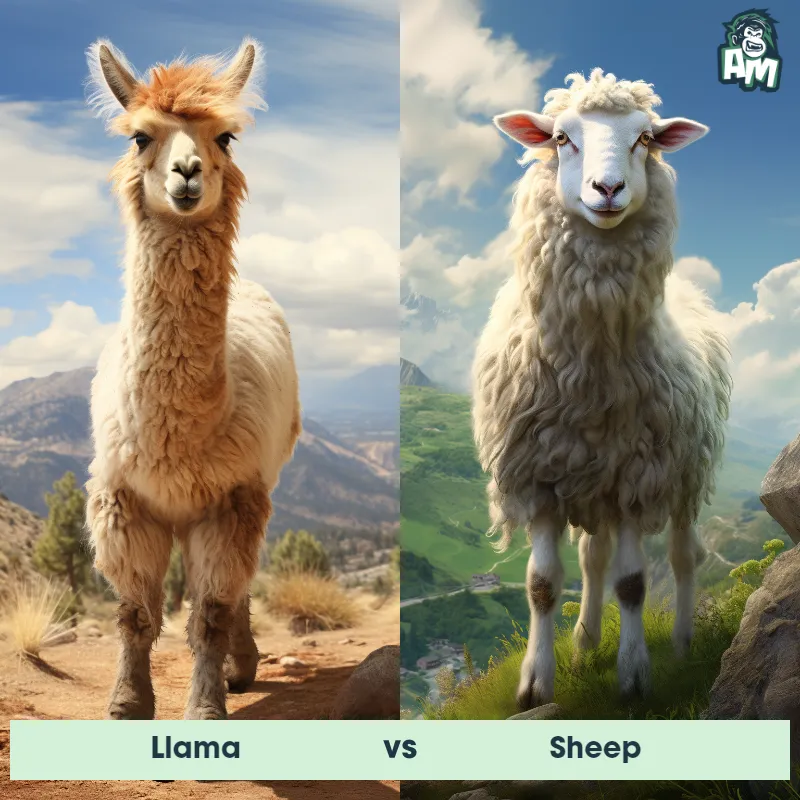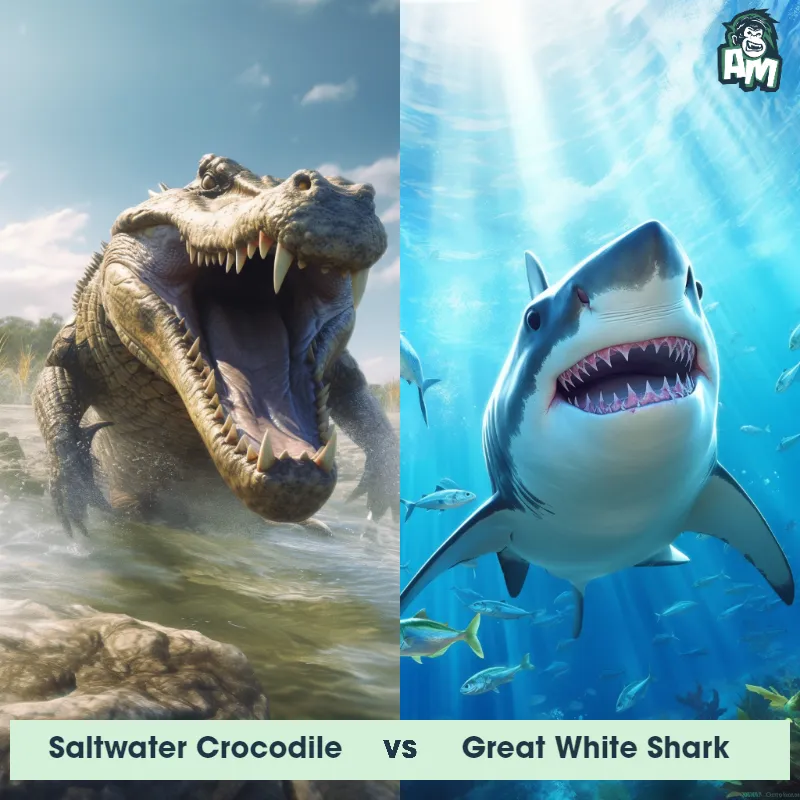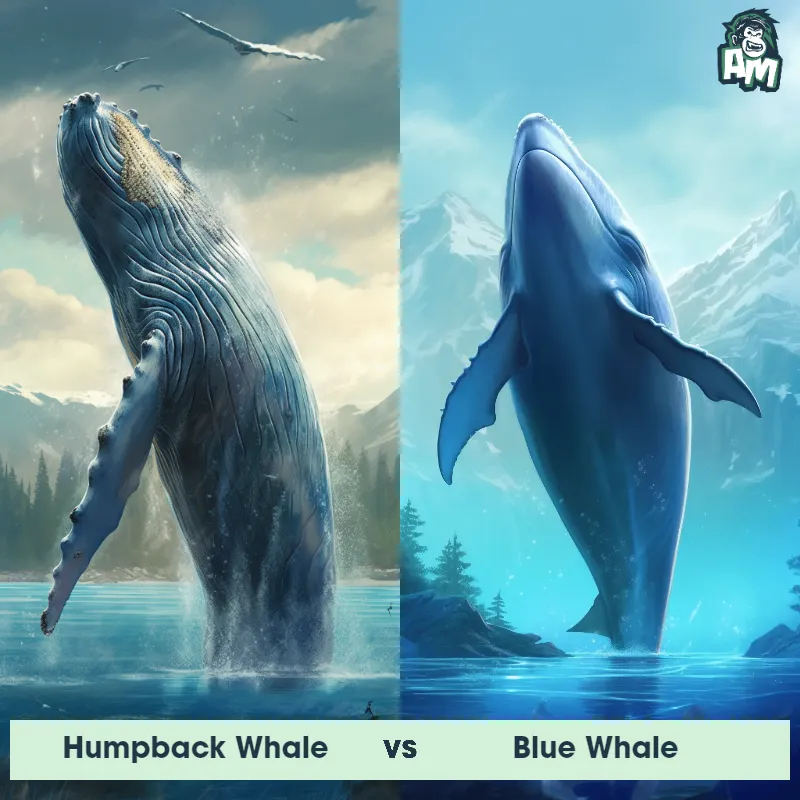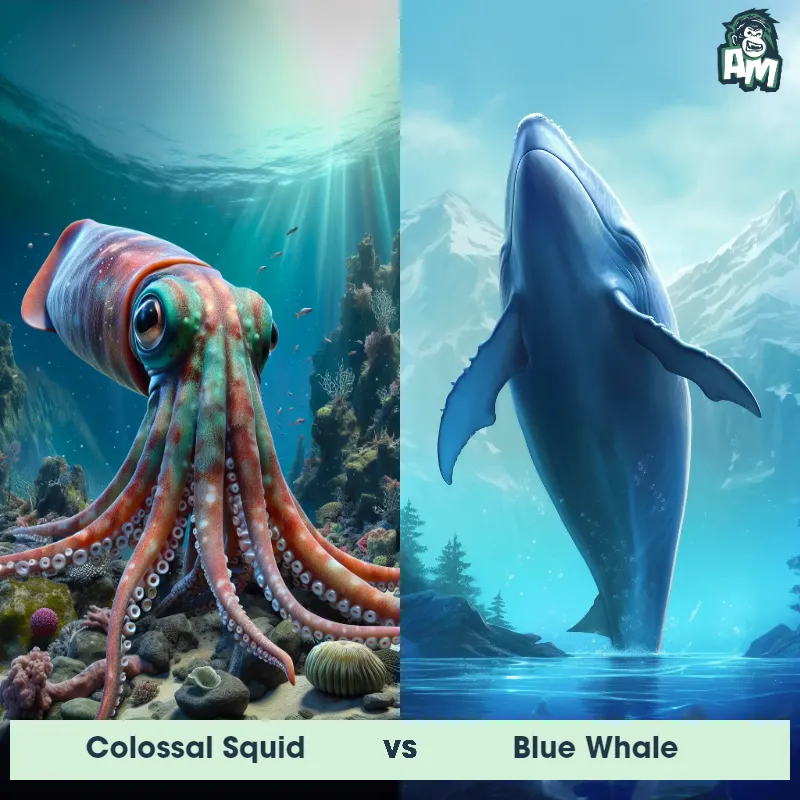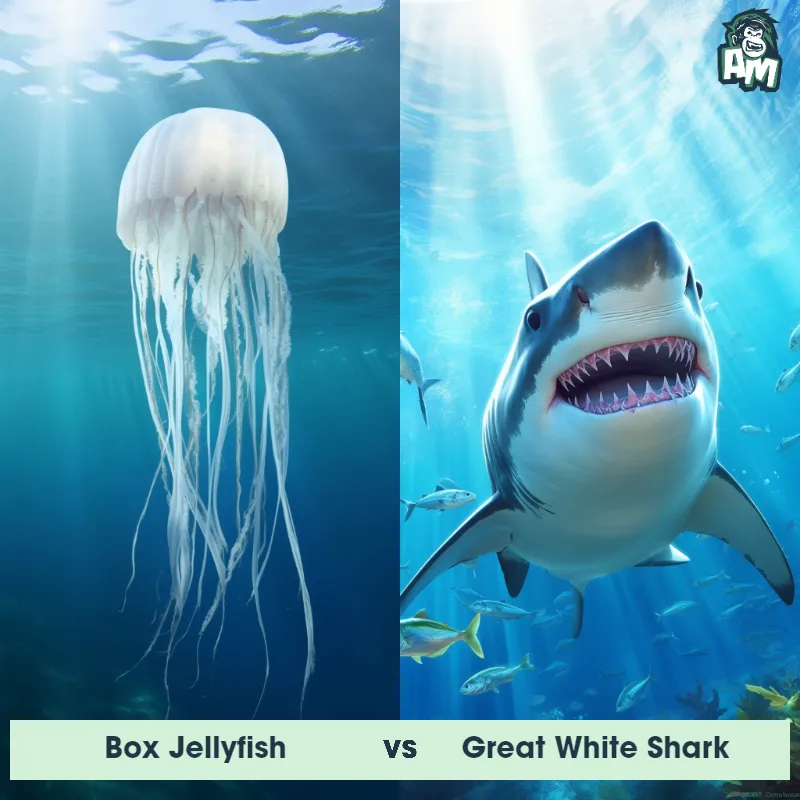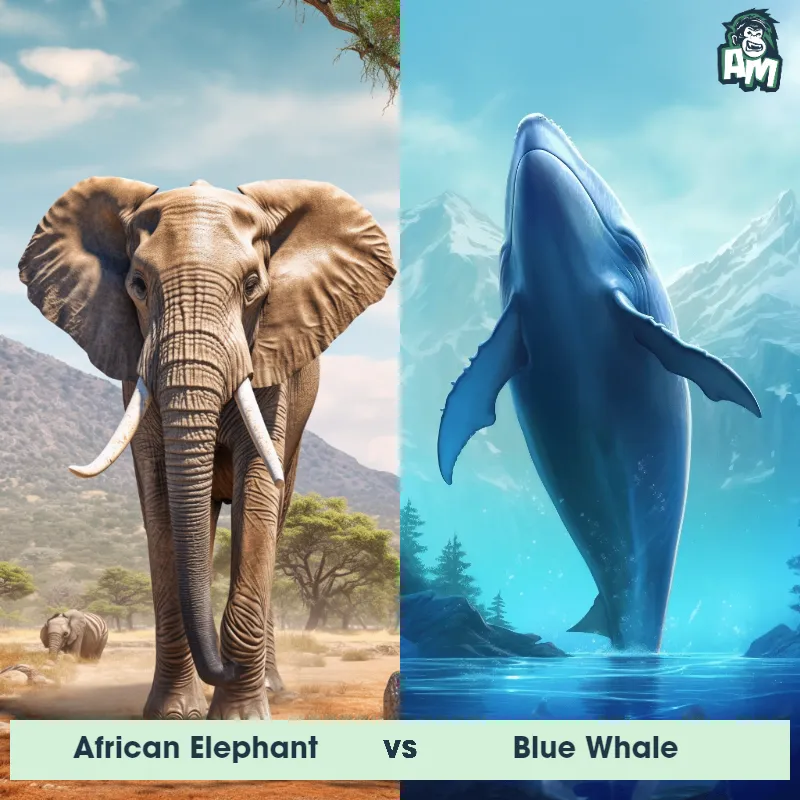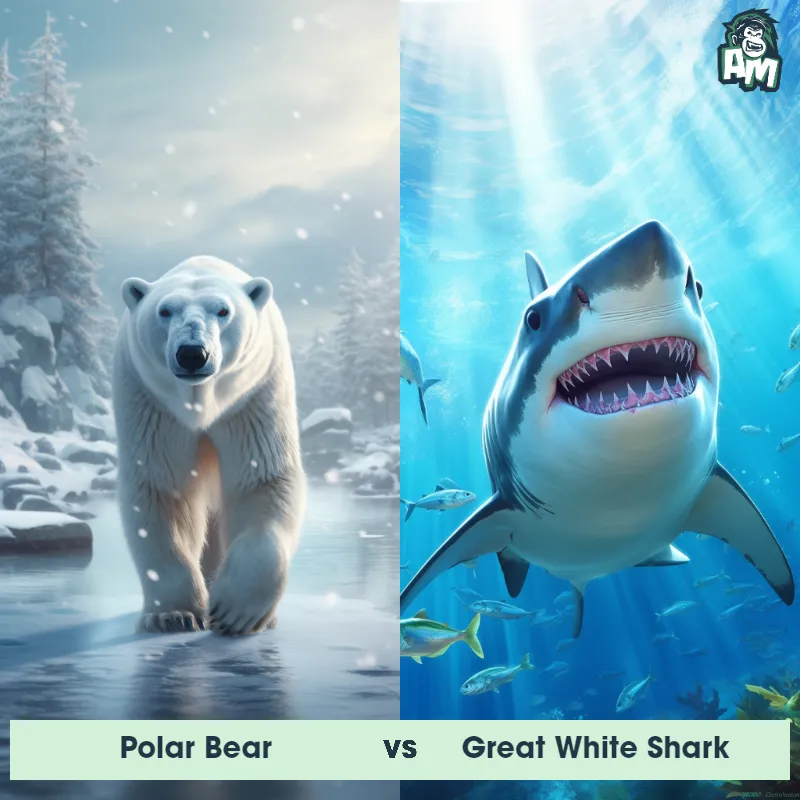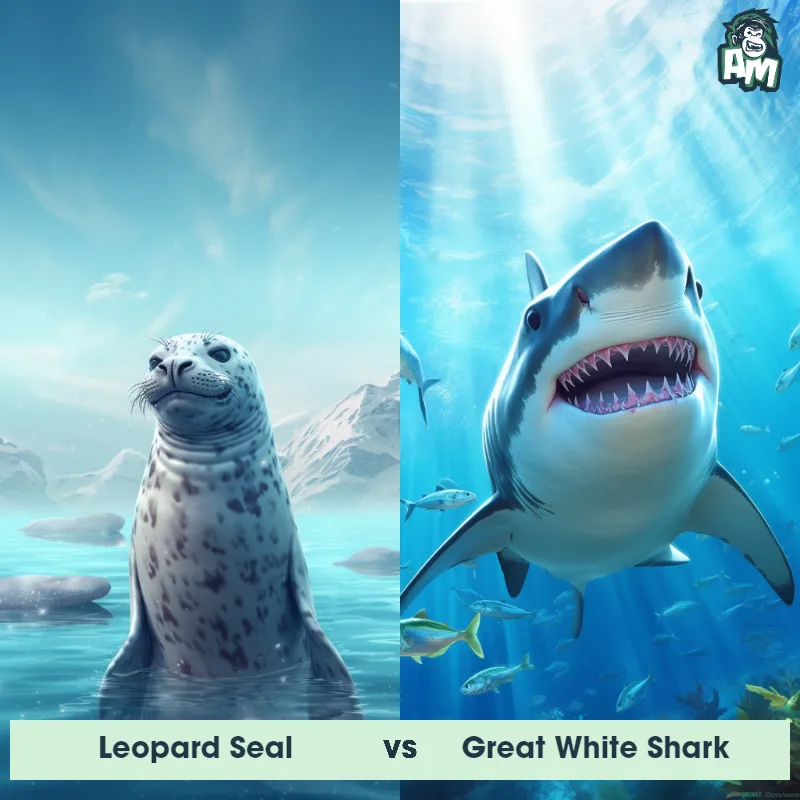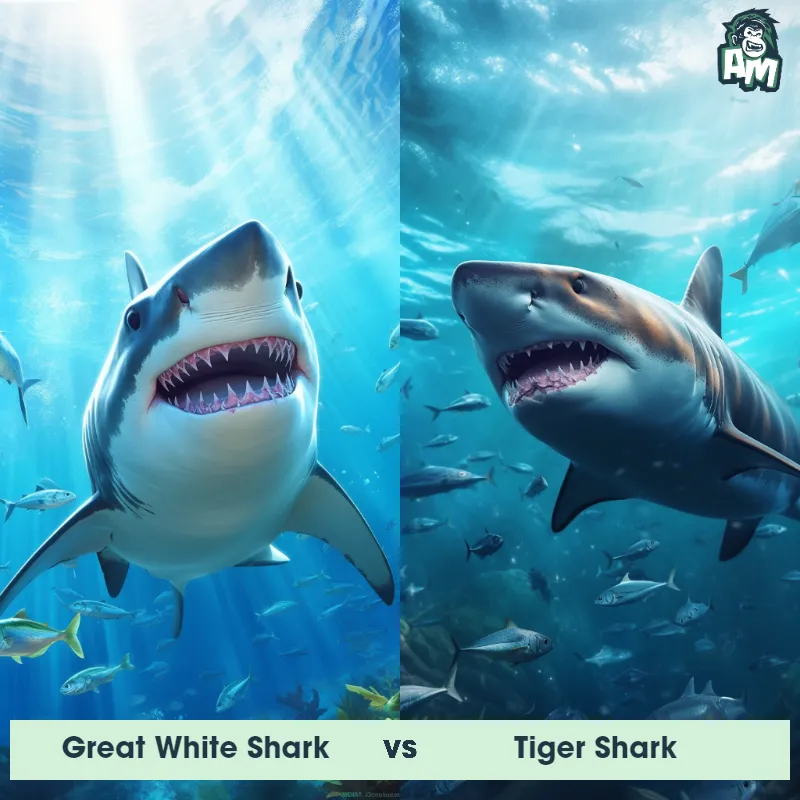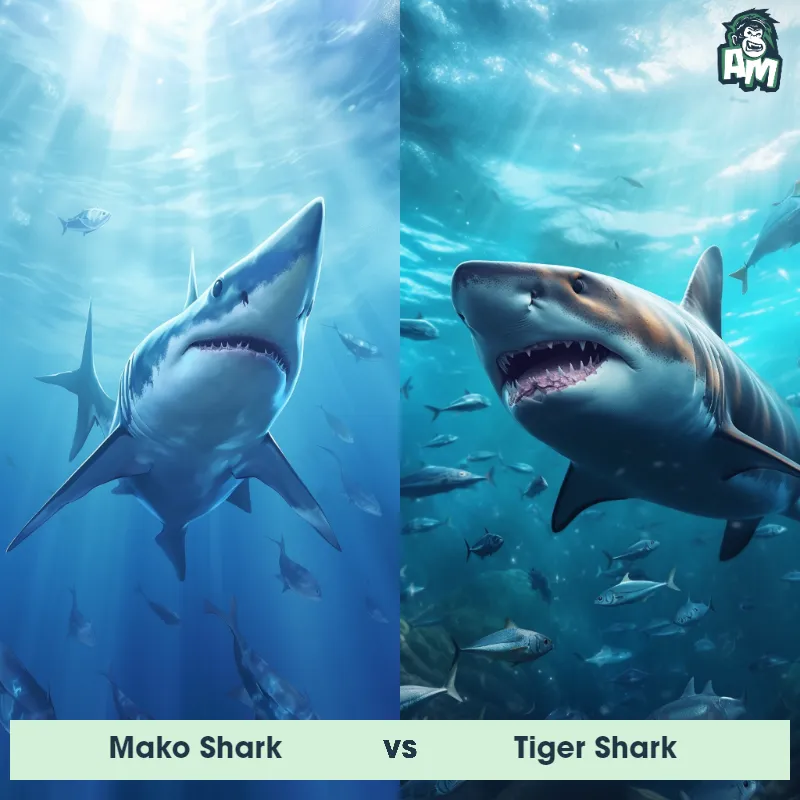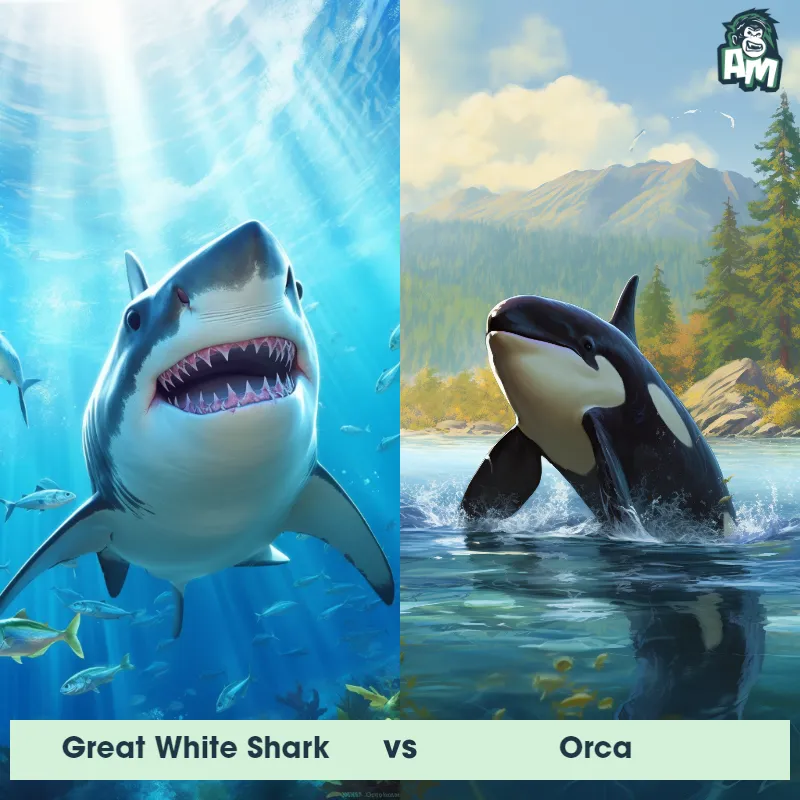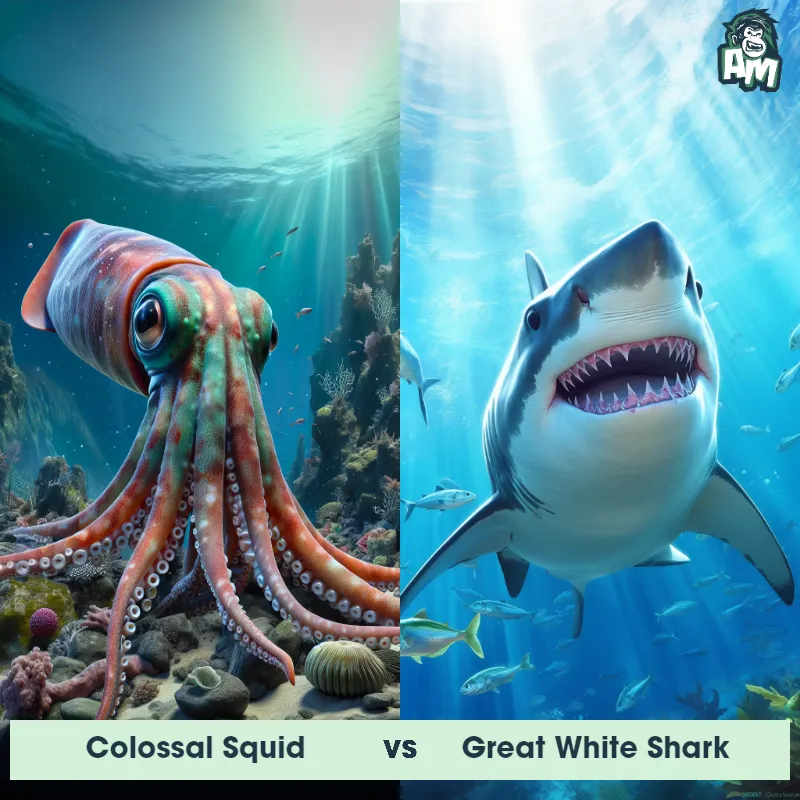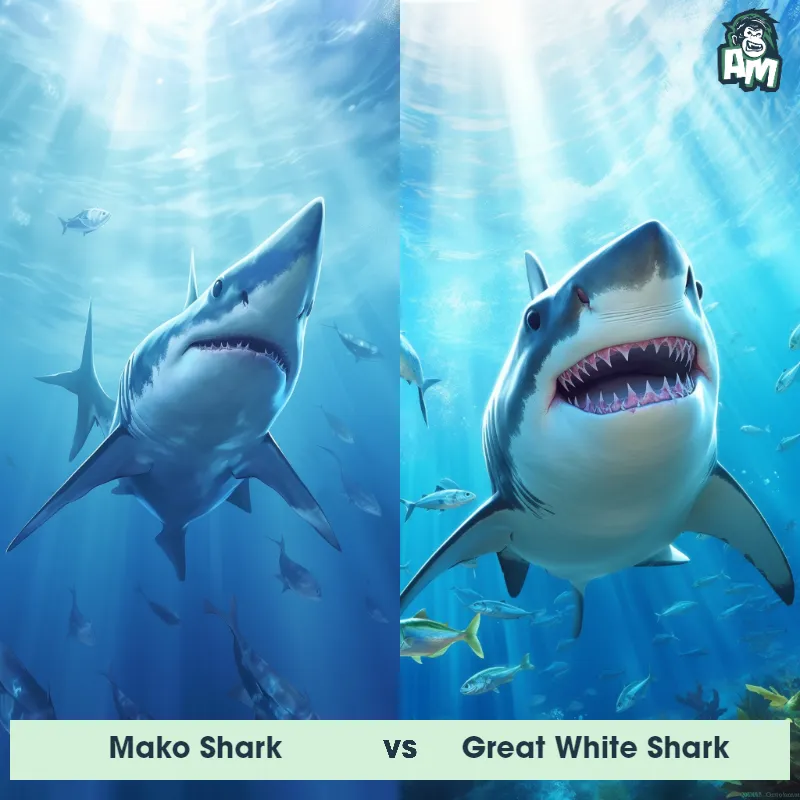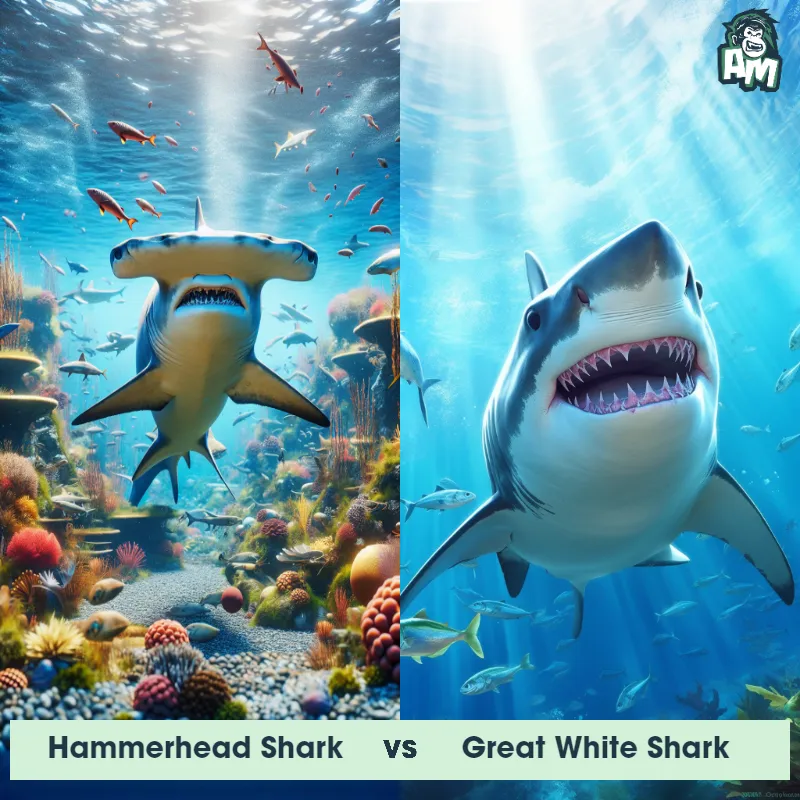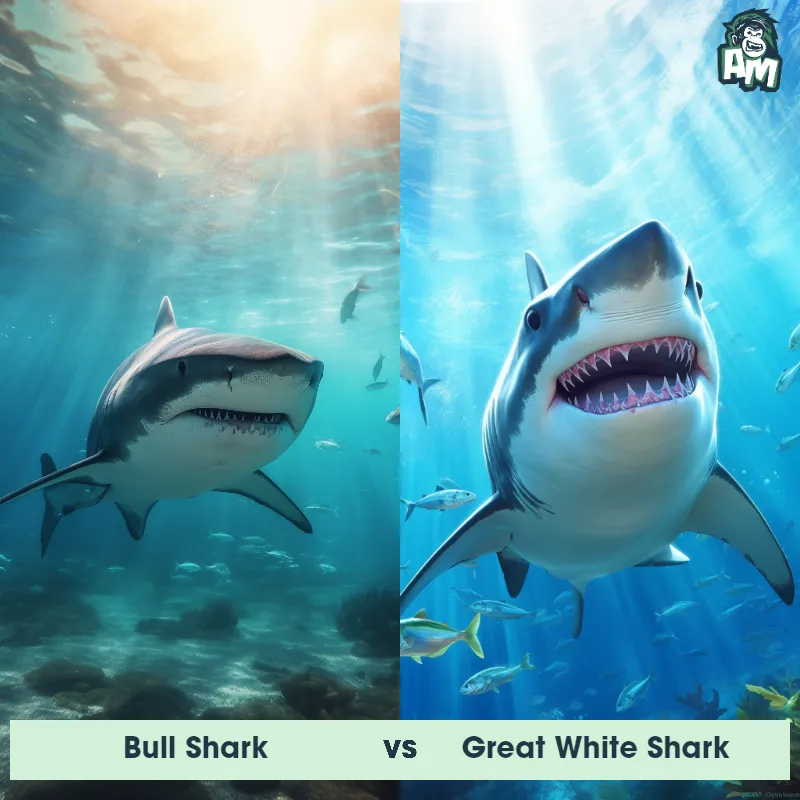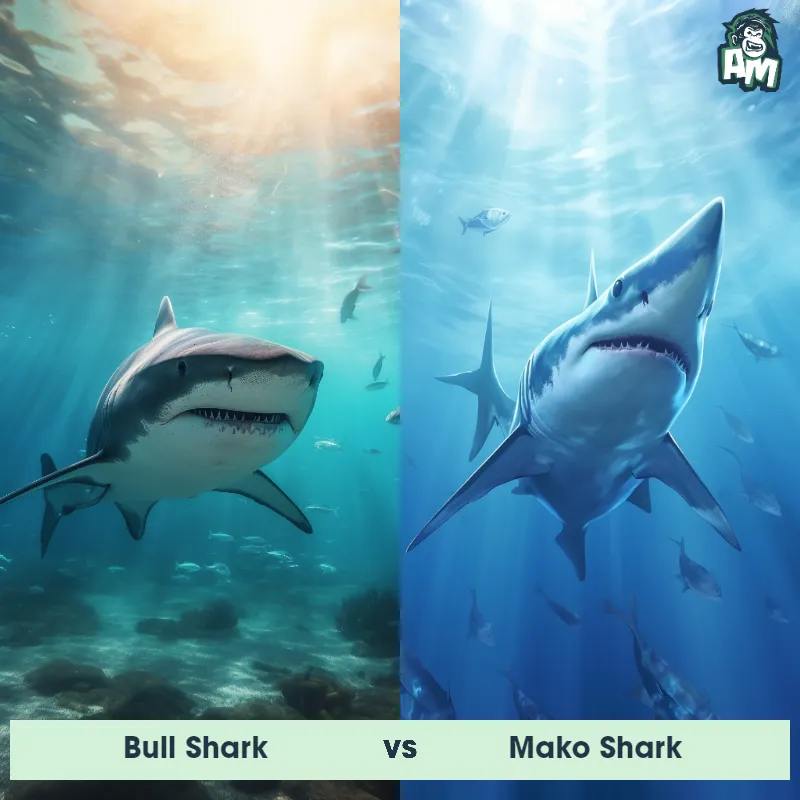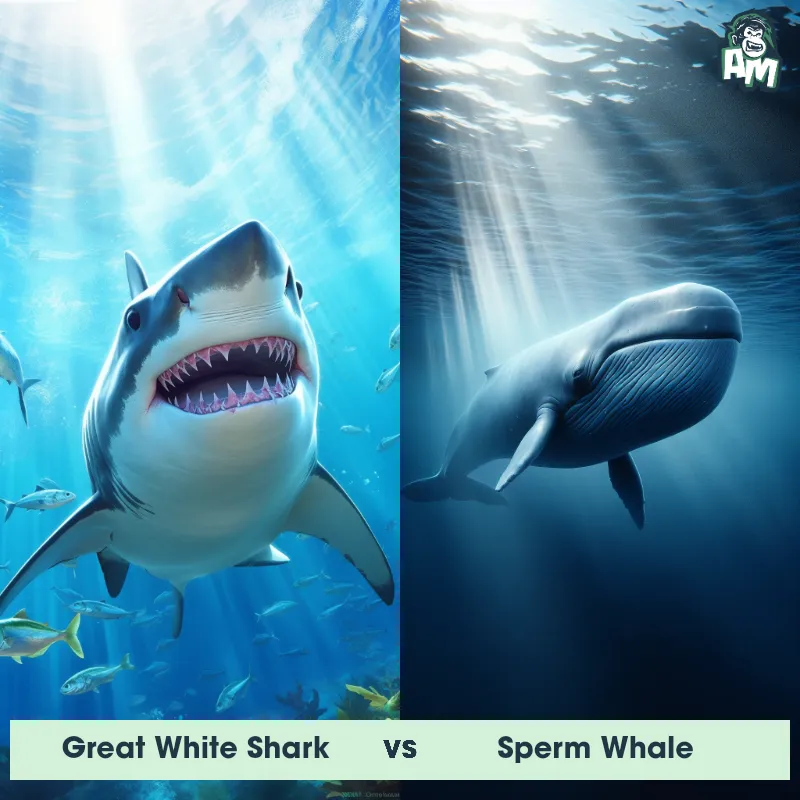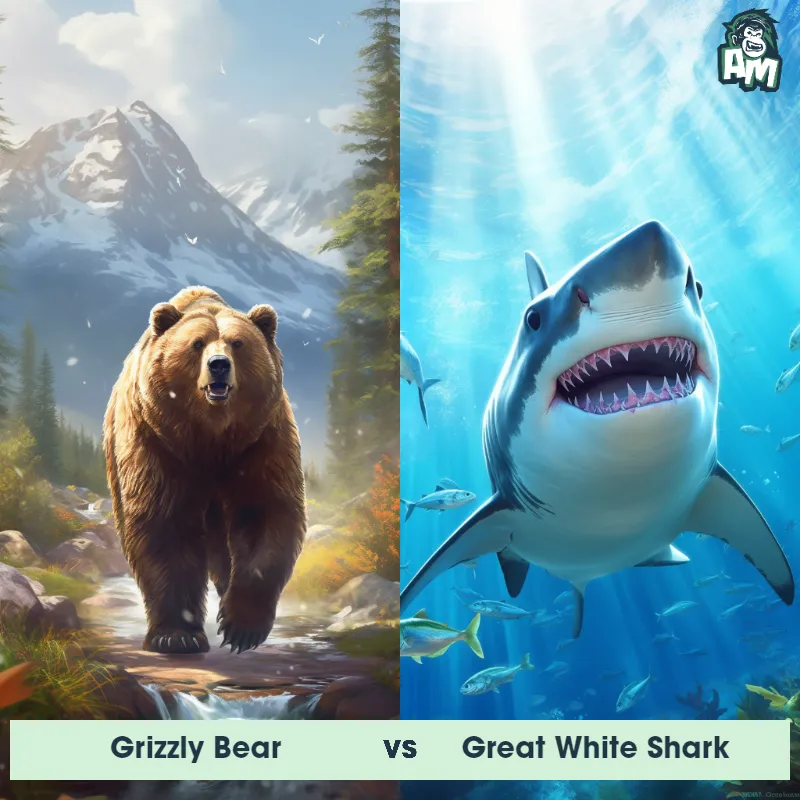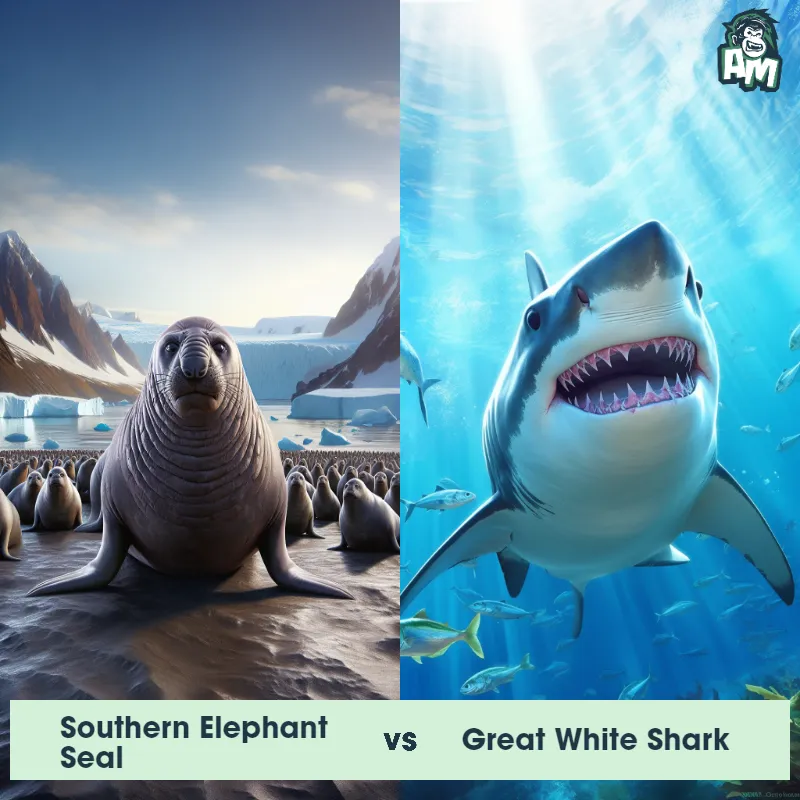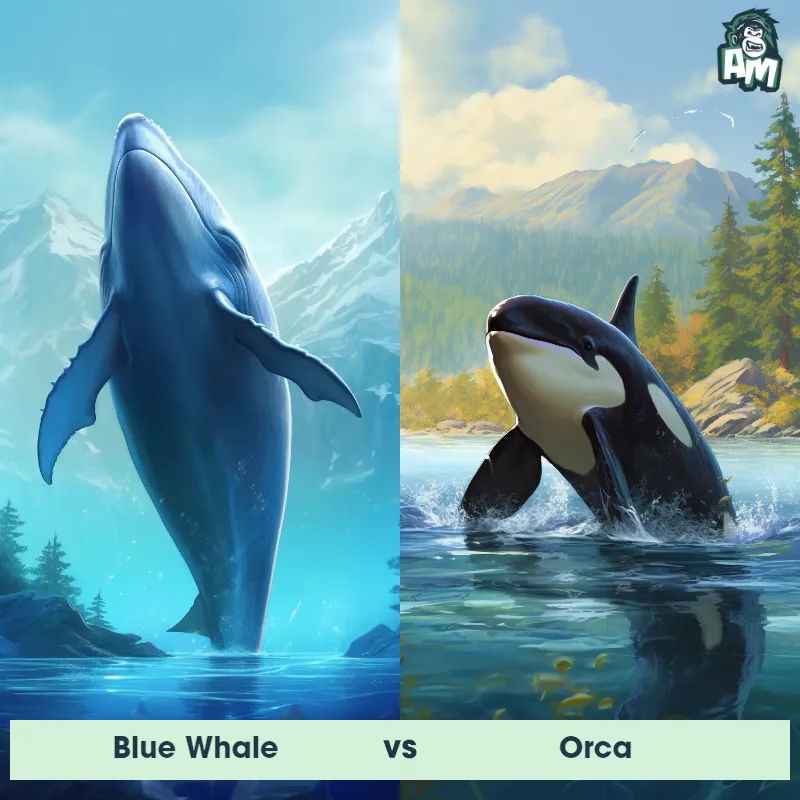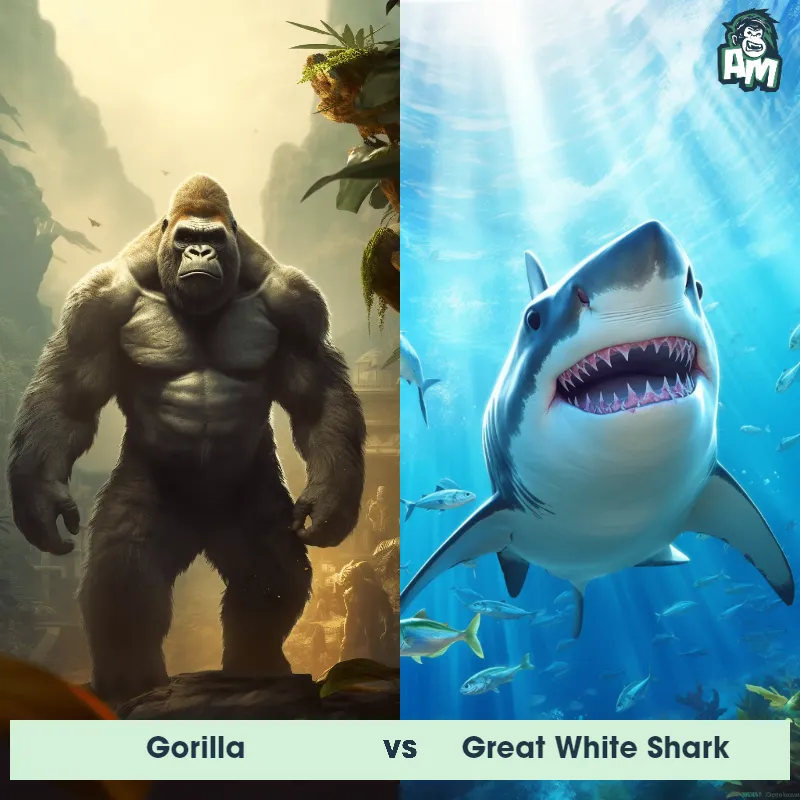Blue Whale vs Great White SharkSee Who Wins

Ladies and gentlemen, prepare yourselves for a colossal encounter between two giants of the ocean – the Blue Whale and the Great White Shark! This match is going to be an epic display of size, power, and sheer force. Without further ado, let's delve into the first round of this aquatic battle!
Contender 1: Blue Whale
The Blue Whale, also known as Balaenoptera musculus, is the largest animal on Earth, reaching lengths of up to 100 feet and weighing up to 200 tons. They have a long, streamlined body with a bluish-gray color and a small dorsal fin. Their diet consists mainly of krill, which they filter through their baleen plates. Blue Whales are known for their loud, low-frequency vocalizations, which can be heard for hundreds of miles.
Fun Fact: Blue Whales have the largest heart of any animal, weighing up to 1,000 pounds and being the size of a small car.
Contender 2: Great White Shark
The Great White Shark, also known as the white pointer or white death, is a large predatory fish that can grow up to 20 feet in length and weigh over 5,000 pounds. They have a distinctive torpedo-shaped body, grayish-brown skin, and rows of sharp teeth that can number up to 300. Great White Sharks are found in coastal waters all over the world and are known for their powerful jaws and ability to breach the surface of the water.
Fun Fact: Great White Sharks have a unique sense of smell that allows them to detect a single drop of blood in 25 gallons of water, which is equivalent to the size of an Olympic swimming pool.
Matchup Stats
| Blue Whale | Great White Shark | |
|---|---|---|
| Size | Up to 100 feet (30.5 meters) | Up to 20 feet (6.1 meters) |
| Weight | Up to 200 tons (181 metric tons) | Over 5,000 pounds (2,268 kilograms) |
| Speed | Speed: 20 mph (32.19 km/hr) | Speed: 25 mph (40 km/hr) |
| Key Strength | None | Powerful jaws and sharp teeth |
| Biggest Weakness | Slow movement | Vulnerable gills and eyes |
Current Votes
Blue Whale vs Great White Shark
See Who Wins
View More Matches
Looking For More?
Similar Matches
Scientific Stats
| Blue Whale | Great White Shark | |
|---|---|---|
| Scientific Name | Balaenoptera musculus | Carcharodon carcharias |
| Family | Balaenopteridae | Lamnidae |
| Habitat | Open ocean | Coastal waters |
| Geography | Worldwide | Worldwide |
| Diet | Krill | Carnivorous, primarily seals and sea lions |
| Lifespan | 80 years - 90 years | 70 years - 100 years |
Key Differences between Blue Whale and Great White Shark
- Shape: Blue Whales have a long, streamlined body with a small dorsal fin, while Great White Sharks have a more robust body with a large dorsal fin and pectoral fins.
- Skin: Blue Whales have smooth, bluish-gray skin with white patches, while Great White Sharks have rough, grayish-brown skin with a white underbelly.
- Size: Blue Whales are the largest animals on Earth, growing up to 100 feet in length, while Great White Sharks typically reach lengths of 15-20 feet.
- Habitat: Blue Whales are found in all of the world's oceans, while Great White Sharks are primarily found in coastal waters and around islands.
- Teeth: Blue Whales have baleen plates instead of teeth, while Great White Sharks have rows of sharp, triangular teeth.
- Behavior: Blue Whales are known for their slow, gentle movements and vocalizations, while Great White Sharks are known for their speed and aggression when hunting.
- Diet: Blue Whales are filter feeders, consuming small organisms like krill and plankton, while Great White Sharks are apex predators, feeding on fish, seals, and other marine mammals.



